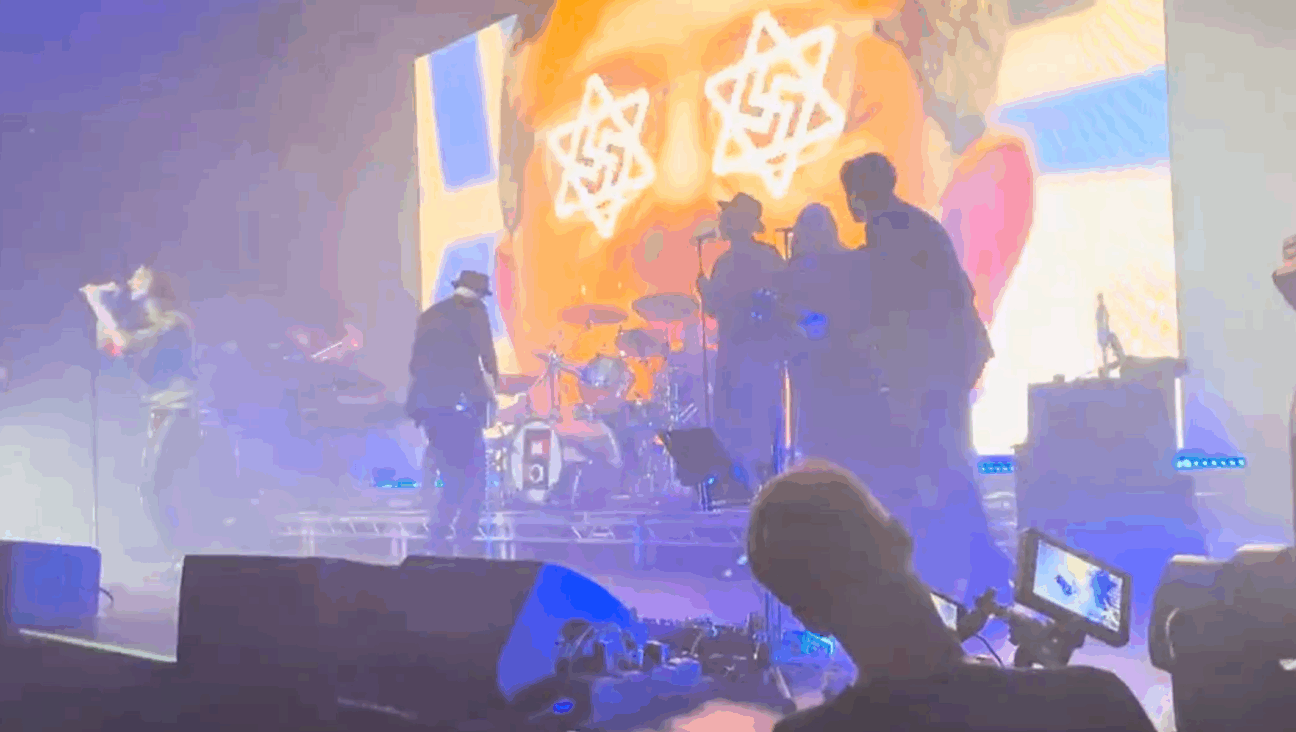Israel Blocks E.U. Aid to Palestinians in Retaliation for Settlement Boycott

Image by Getty Images
Israel has blocked the European Union from aiding tens of thousands of Palestinians in the West Bank in retaliation for Brussels’ ban on financial assistance to Israeli organizations in the occupied territories.
An Israeli official said on Friday the move was a result of the EU decision “to sanction or boycott the settlements”.
“From our standpoint we cannot just ignore this or treat spitting in our face as though it is rain,” the official said.
The EU imposed restrictions last week citing its frustration over the continued expansion of Jewish settlements in territory captured by Israeli forces in the 1967 Middle East War.
The guidelines render Israeli entities operating there ineligible for EU grants, prizes or loans, beginning next year.
Settler leaders say the aid they receive from Europe is minimal. But many in Israel worry about possible knock-on effects the EU steps may have on individuals or companies based in Israel that might be involved in business in the settlements, deemed illegal by the international community.
The Israeli official, speaking on condition of anonymity, said Defence Minister Moshe Yaalon had decided to suspend contacts with the EU in the West Bank.
Yaalon, a former army chief and hardliner in Prime Minister Benjamin Netanyahu’s Likud party, has “frozen projects, cancelled meetings, curtailed coordination and permits for Europe’s operations” for Palestinians living in what is known as Area C, a West Bank area fully administered by Israel, he said.
The EU expressed concern about the Israeli steps, which may hurt its humanitarian work for Palestinians, an EU source in Israel told Reuters.
The organisation had not been formally notified of the Israeli measures and was seeking clarification, he said.
A Western diplomat, speaking on condition of anonymity, said several European humanitarian aid staff had had difficulty obtaining permits and some requests had gone unanswered.
Under the terms of a 1993 interim peace accord, some 150,000 Palestinians, many of then poor farmers and shepherds living in Area C, a West Bank zone where many settlements have been built, are fully under Israeli military control,
The Palestinians have limited self-rule over other parts of the West Bank, and share joint custody with Israel over yet other areas.
Some of Europe’s assistance in the West Bank goes to Palestinians whose homes built with EU funding are demolished by Israel, often maintaining the structures were built illegally.
The Association of International Development Agencies, a coalition of 80 aid groups, said in a report in May that 600 settler houses had been built since mid-2012 while Israel demolished 535 Palestinian-owned homes and structures.
The United States, Israel’s main backer, has been trying to revive peace talks that have been deadlocked for three years and aimed at reaching an agreement for the Palestinians to establish a state alongside Israel.













